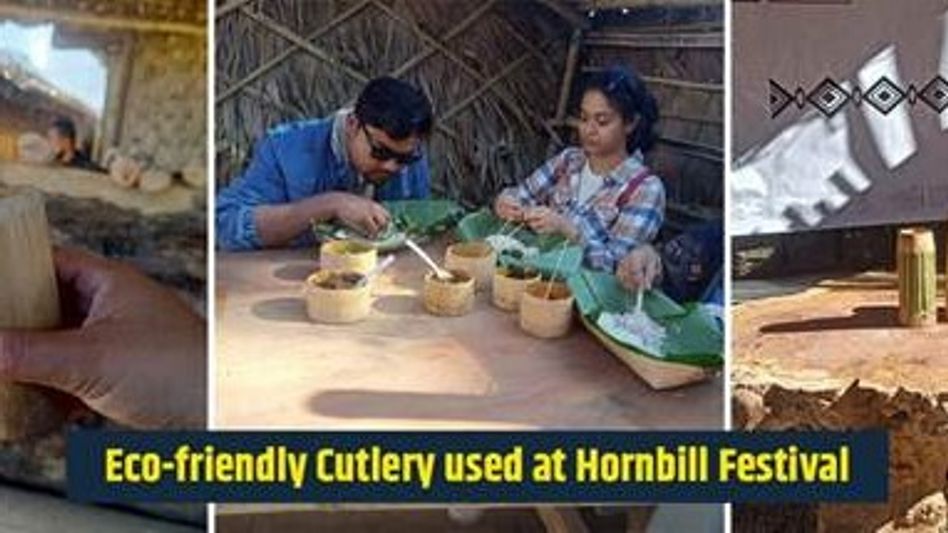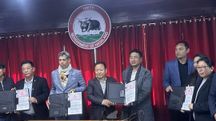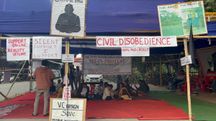Nagaland's Hornbill Festival marks milestone in sustainable event management
Nagaland's Hornbill Festival has reached a milestone in sustainable event management, emphasising eco-friendly practices. The festival highlights the state's rich cultural heritage and promotes local artisans.
 Nagaland's Hornbill Festival marks milestone in sustainable event management
Nagaland's Hornbill Festival marks milestone in sustainable event managementThe 25th edition of the Hornbill Festival has concluded, leaving behind a groundbreaking legacy of environmental stewardship after successfully implementing a comprehensive zero-waste strategy that prevented approximately 1 million single-use plastic items from entering the waste stream.
The annual cultural extravaganza, which attracted over 200,000 visitors, demonstrated an unprecedented commitment to sustainability by eliminating single-use plastics and implementing rigorous waste management practices throughout its 10-day run.
Key highlights of the festival's environmental initiative include:
- Banning all single-use plastics, and replacing them with eco-friendly alternatives like bamboo straws and leaf-based plates
- Establishing waste segregation stations with dedicated sorting areas for recyclable materials
- Installing water refilling stations to discourage plastic bottle usage
- Preventing an estimated 50 metric tons of CO₂ emissions through local sourcing and waste reduction
Nagaland Chief Minister Neiphiu Rio, who inaugurated the festival, emphasised its significance as a model for sustainable cultural events. The initiative not only showcased the region's rich cultural heritage but also set a powerful example of environmental conservation.
Waste management teams and volunteers played a crucial role in monitoring compliance, with educational campaigns ensuring visitors understood and participated in the zero-waste protocols.
The festival's approach transformed waste management from a challenge to an opportunity, converting wet waste into compost for local agricultural fields and sending recyclable materials to authorised processing centres.
Copyright©2025 Living Media India Limited. For reprint rights: Syndications Today









